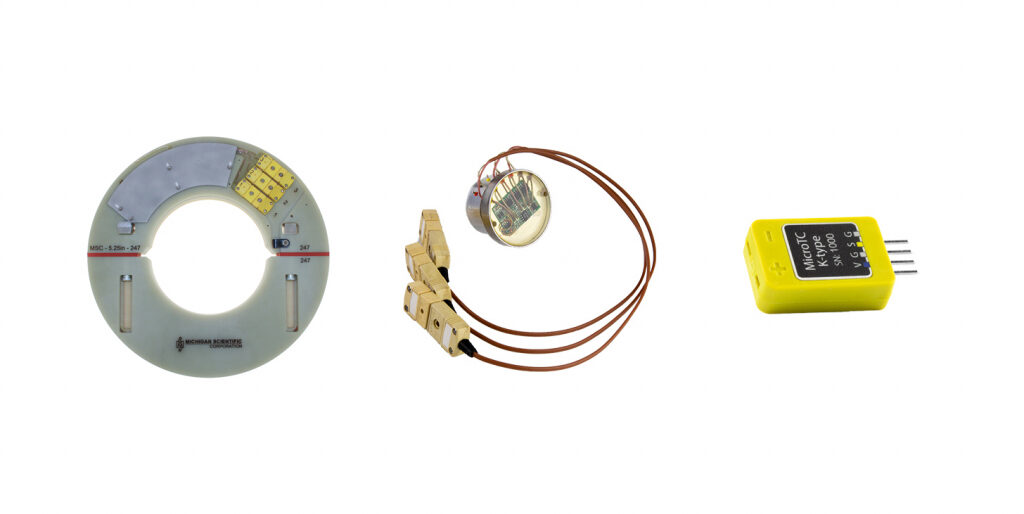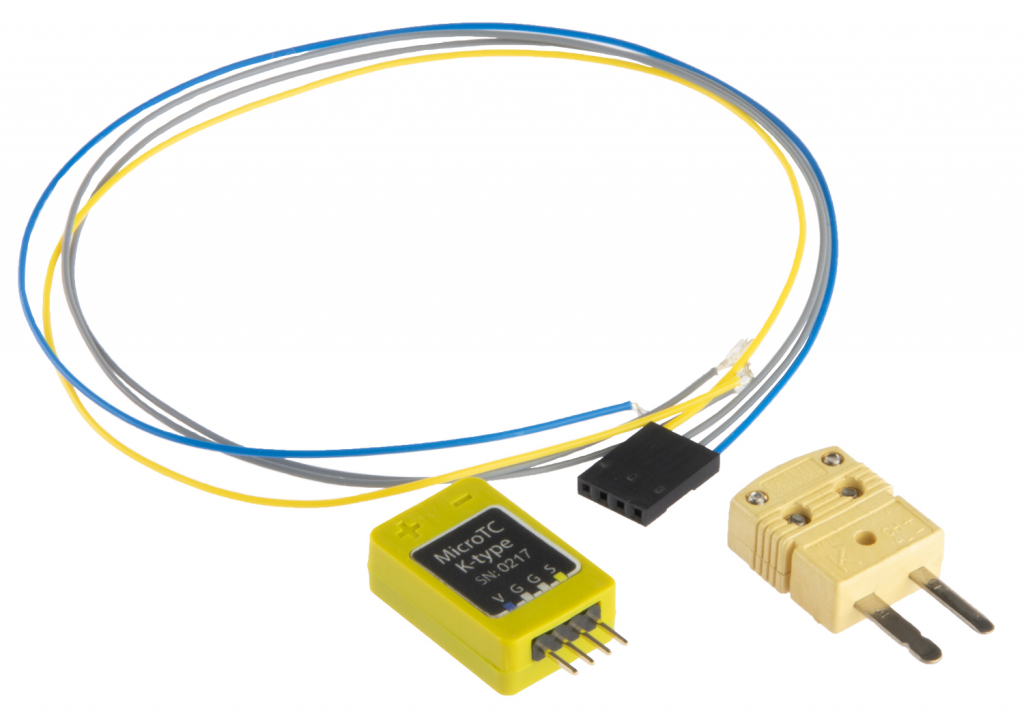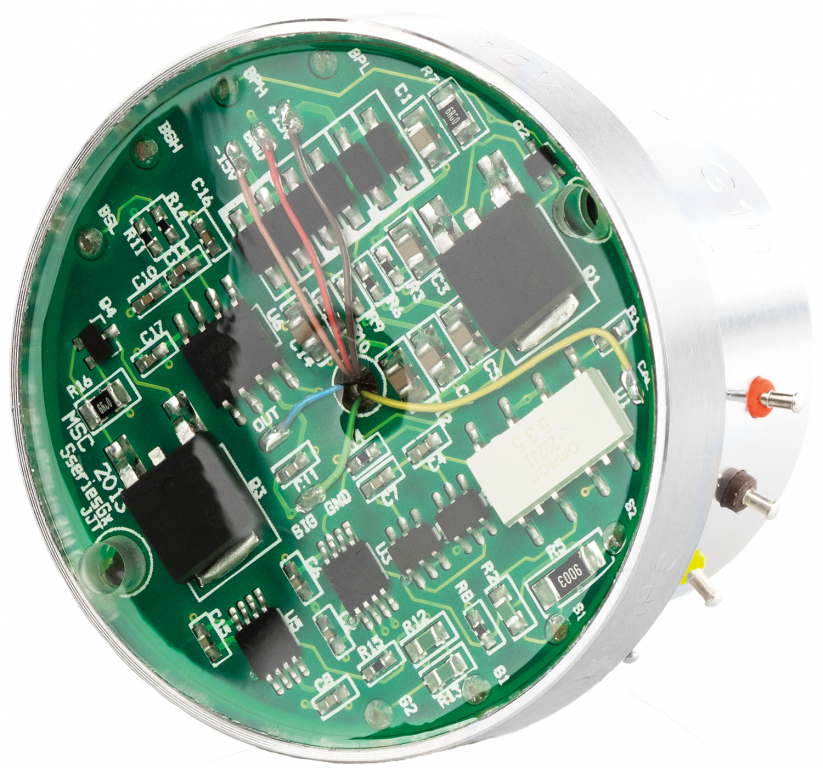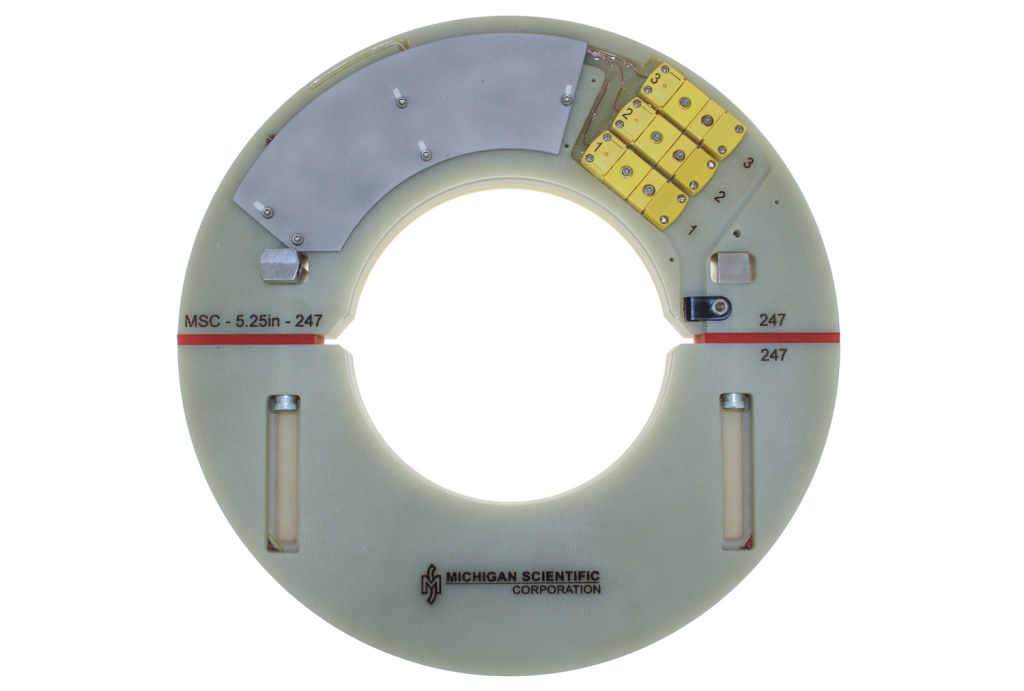Electric vehicle companies are continuously adapting components to meet new standards and reduce risks. The industry demands higher capacity, extended range, improved performance, and faster charging. To meet these new standards, extensive research and development for batteries is required. Developing high-powered batteries comes with both performance and safety challenges. One large risk to EV safety and performance is the temperature management within the Li-ion batteries.
The Li-ion batteries make up to 30% of the vehicle’s cost and are the heaviest part of the vehicle. They are constantly being upgraded to provide the highest performance possible, but with these developments come new risks. Thermal runaway can occur when the battery short circuits and starts overheating uncontrollably. This in turn spreads to other cells and can be hard to contain, potentially causing fires within the EV. Mechanical and thermal testing is conducted to help reduce these risks. Some of these tests include puncture testing of the material to reduce the risk of thermal runaway and utilizing climate chambers to test the battery at different, controlled temperatures. It is also vital to have onboard testing equipment to monitor battery temperature for performance and safety. Thermal management units are critical for monitoring these changes within the vehicle and are important for testing and consumer use. Due to the extreme risk of thermal runaway, this thermal management equipment must have superior accuracy and reliability.
Micro-TC
Michigan Scientific Corporation (MSC) offers a variety of products to help monitor these conditions and ensure accuracy in data measurement. The Micro-TC is a thermocouple connector with a built-in amplifier, allowing for measurements to be taken without any extra amplifying equipment. The amplifier provides cold junction compensation and amplifies the thermocouple signal to a linear 5 mV/°C over a measurable range of -25 °C to 400 °C. The measurable range expands to -200 °C to 970 °C with the use of post-processing polynomials. It also accepts a wide power supply range. The small size of the unit also allows it to be used in harder-to-reach areas of the vehicle. This makes the Micro-TC ideal for monitoring temperature data within the battery to help prevent thermal runaway during use.
Slip Rings with Amplifiers
Signals can also be connected through MSC’s Slip Ring systems. This provides another option for thermocouple data acquisition with different means of mounting onto rotating parts of the vehicle. The temperature measurements taken by the slip rings and amplifier assembly will also determine if energy is being lost unnecessarily through heat, maximizing the vehicle’s efficiency. This simplistic solution for thermal management is an excellent choice depending on the allowable space within the vehicle.
Thermocouple amplifiers can also be used with MSC’s Slip Ring systems. This provides the option of making temperature measurements on rotating parts of the vehicle. Measuring the temperatures of the electric motors can help determine if energy is being lost through heat. Minimizing these losses will maximize the vehicle’s overall efficiency. This simplistic solution for temperature measurement is an excellent choice for improving thermal management systems and improving vehicle efficiencies.
Telemetry
If available space is limited in the vehicle, MSC recommends using one of their Wireless Telemetry Systems. With options for single and multiple channels, MSC makes it easy to find the perfect amplifiers and thermal management measuring devices for any need. MSC’s telemetry systems also offer the availability of non-contact data collection with options ranging from clamping to high speed in order to get measurements from hard-to-reach areas such as transmissions and compressors.
Both the slip ring assemblies and telemetry systems are made with rugged housings, making them ideal to survive in harsh conditions.
Please contact a Michigan Scientific representative to begin discussing your EV testing needs and applications.



